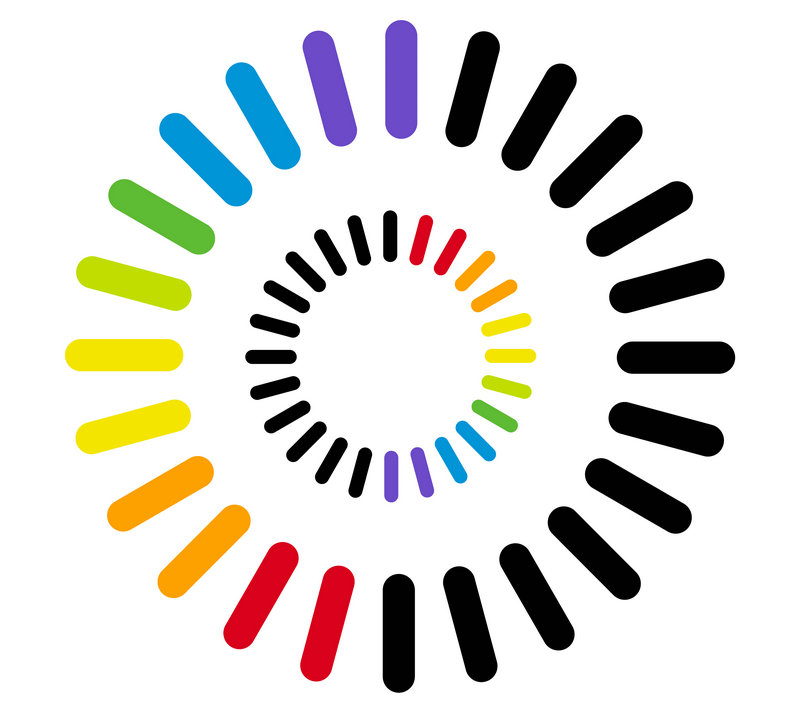An international colour day (ICD) has been considered as appropriate since colour is, thanks to visual perception, one of the most influential phenomena in people’s lives and also one of the channels that contributes most greatly to the perception of reality. All around the world memorable colour activities are increasingly being developed during the International Colour Day.
Background
The adoption of an international day of colour was proposed in 2008 by the Portuguese Color Association, whose president, Maria Joao Durao, presented the idea to the International Colour Association. The proposal was agreed in 2009 among the members of this society, which is composed of national associations and members representing more than 30 countries.
Why March 21st / The Equinox
The choice of the date comprised a good deal of discussion. Among all suggestions, the idea exposed by Leonhard Oberascher (from Austria) prevailed: every year, March 21 is the “equinox” – aequus (equal) and nox (night). Around the equinox, the night and day are approximately equally long, symbolically relating to the complementary nature of light and darkness, light and shadow expressed in all human cultures.
Logo
There was an international competition for the design of the logo, and the winner was announced at the 2012 meeting of the International Colour Association, AIC 2012 held in Taipei, Taiwan. As expressed by designer Hosanna Yau, from Hong Kong, “two circles form an eye, with an equal half of rainbow color and black representing light and darkness, day and night, everyone feast one’s eye on the international color day.”
Activities
Some of the activities and events that are unfolded on the International Colour Day:
Arts exhibitions, architectural projects, design, decoration, fashion….
Meetings, debates, scientific events…
Workshops on the use of colour and light for both adults and children.
Contests on colour and light design.
Wearing national or regional identity colours.
Source From Wikipedia
